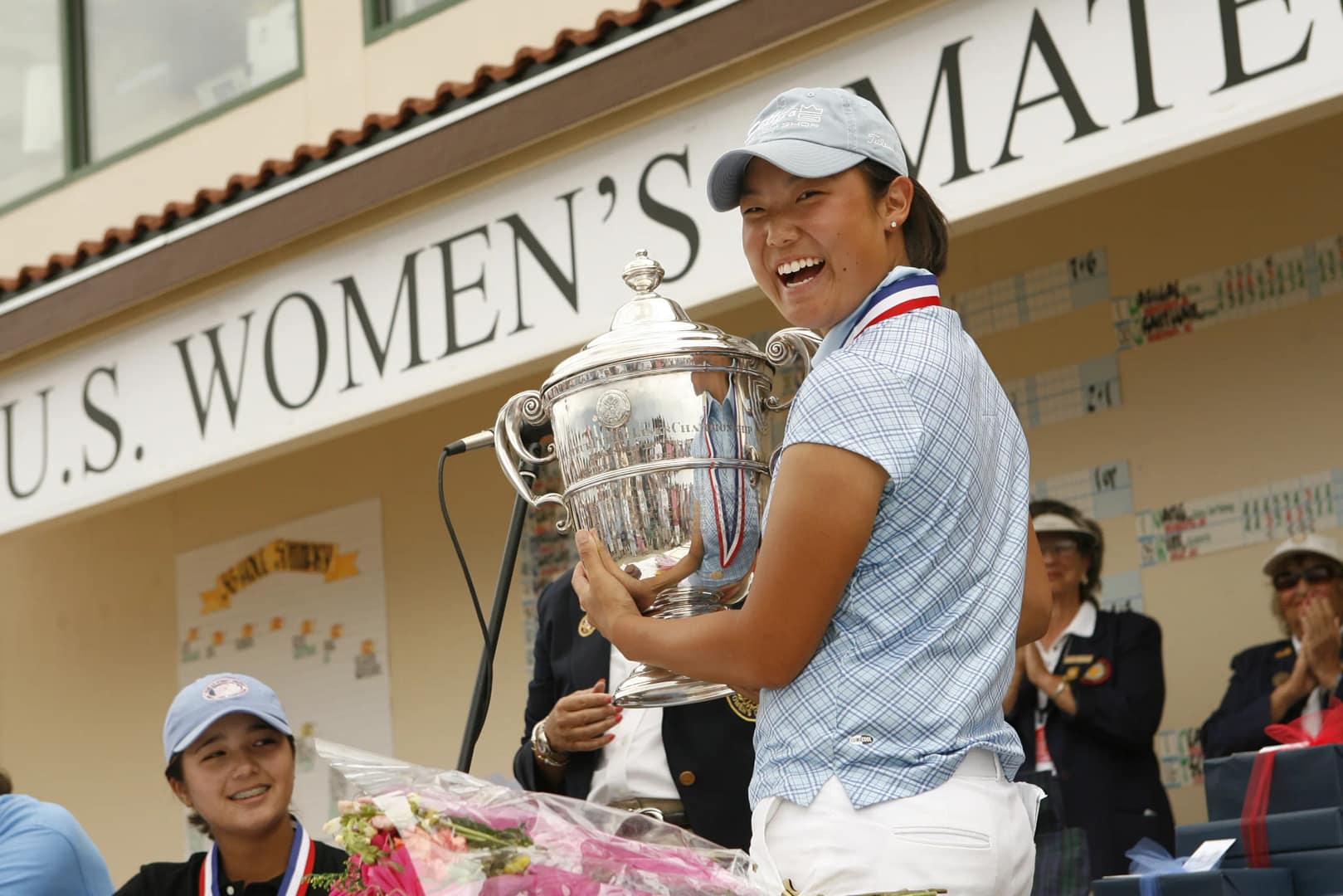Golf enthusiasts, there’s an exciting wave of energy surging through the United States’ golf landscape, heralded by the vibrant and talented Tiffany Joh. Formerly a distinguished player on the LPGA tour for over a decade, Joh’s journey in the golfing world takes a compelling turn as she steps into the role of coach within the U.S. National Development Program. Partnering with head coach Chris Zambri, she aims to sculpt the next generation of American golf champions, nurturing talent across both the men’s and women’s sectors.
Having recently served as an associate head coach at USC, Joh is gearing up to relocate from California to Pinehurst, North Carolina. This move comes after she wraps up the Trojans’ spring season, embarking on a new phase in a career that has already been storied with achievements, including her victories as a two-time U.S. Women’s Amateur Public Links champion. Remarkably, Joh’s appointment marks her as the first USGA champion to join the USGA in its 130-year history.
Joh is no stranger to the golfing community, known not only for her skill on the green but also for her vibrant personality, musical talents, and the unity she fosters among players. Her legacy includes being a four-time All-American at UCLA and embarking on her professional journey in 2011, where she quickly became known as a unifying force on the tour.
The recent announcement by the USGA of the inaugural U.S. National Junior Team, featuring promising talents, underscores the organization’s commitment to expanding its junior team to a robust roster over the coming years. Joh’s insights and experiences are expected to play a pivotal role in this expansion, offering a blend of mentorship and innovation.
Curiosity and fascination
In a heartfelt reflection, Joh shares the curiosity and fascination that drew her towards the role, emphasizing the importance of access and support in developing young talents. Her journey from the First Tee of San Diego through various junior golf milestones highlights the instrumental role of community and mentorship in her own development.
Joh’s perspective on the evolution of college golf, from her days at UCLA to her coaching tenure, reveals the dynamic changes in training, access to data, and the overall depth of talent in the sport. As the golfing world turns its attention to the Augusta National Women’s Amateur, Joh envisages the U.S. national program playing a supportive role, much like college golf, focusing on development and strategy.
Despite the current landscape, where American talent in the women’s golf rankings could see improvement, Joh remains optimistic about the future. Citing players like Amari Avery, she anticipates a resurgence in American dominance on the global stage, driven by a generation that is arguably more prepared and skilled than ever before.
As Tiffany Joh embarks on this new chapter, her vision for American golf is not just about nurturing talent but also about creating a cohesive and supportive ecosystem that propels the United States to new heights in the golfing world. Her journey reflects a passion for the game and a commitment to the future of golf in the U.S., promising an exciting era of growth and success.


